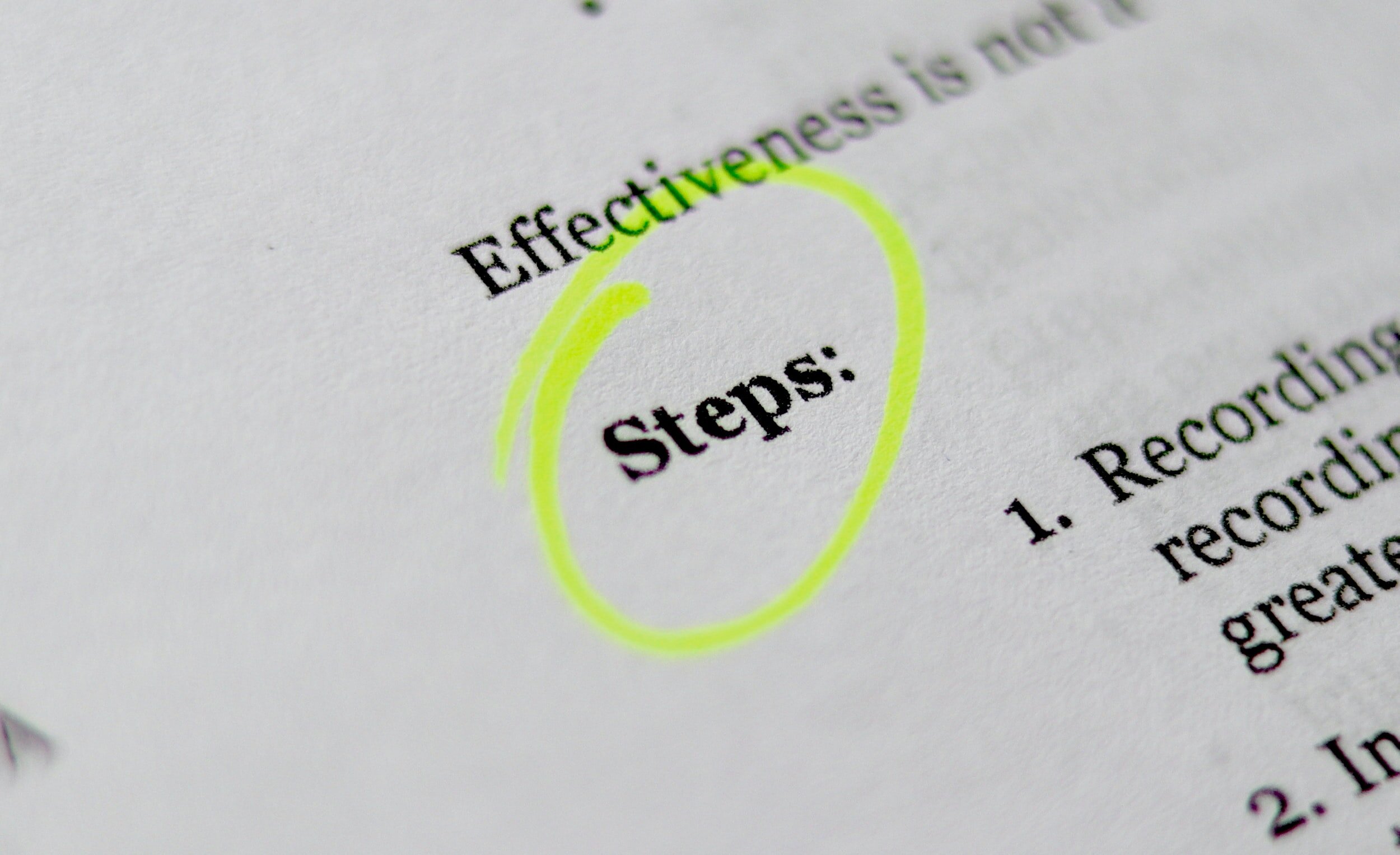What Is The Role Of A Business Analyst In A Startup?
/Someone asked me an interesting question recently. She wanted to understand the role of a business analyst in a startup. Here is my response:
Having the opportunity to start with a new business can be interesting especially because you would have the opportunity to influence and advise on how key processes are defined from scratch. A great way to start is to identify the overarching goals and objectives of the business and design/propose an action plan for achieving those objectives. Key aspects to cover include:
What are the business needs? You would need to understand what problems/opportunities are facing the business and how best to solve or exploit them.
Who are the customers? What are their needs?
What are the gaps that need to be filled to meet the needs of the customer and what solutions are feasible enough to be considered?
These basic questions should be answered at the minimum, before recommending any solution or approach to the business.
This answer perhaps begs the question, “What makes a startup different from other companies?"
To answer this question, it’s important to understand exactly what a startup is. Different philosophies have been adopted in defining a startup.
According to Neil Blumenthal, cofounder and co-CEO of Warby Parker, A startup is a company working to solve a problem where the solution is not obvious and success is not guaranteed. Steve Blank on the other hand, defines a startup as an organization formed to search for a repeatable and scalable business model. Others see a startup as the culture of innovating on existing ideas to address critical pain points.
One thing all the definitions seem to have in common is that a startup is in an “evolving” state. Processes are being tried and tested, the business is trying to find its voice and its operations are subject to constant change and experimentation.
Regardless of which definition of a startup you subscribe to, working as a BA in a startup certainly poses specific (but not unique) challenges when compared to established companies.
The Alternative Board (TAB) is a peer board that assists business owners in gaining industry insights and connecting them with one another. After surveying approximately 300 business owners, they came up with the 5 biggest threats to startups. This article will touch on 2 of them:
1. Sluggish Demand - No business can succeed without its customers. 37% of the businesses surveyed identified slow demand as a huge threat to their businesses.
How Can A Business Analyst Help?
A Business Analyst can support strategy definition and identify the best way to break into the market. Bringing a business analyst in early enough will contribute and strengthen consumer study efforts by identifying what the exact market requirements are and how to tailor the services of the business to meet customers' needs. Having a BA at a startup can also help to achieve the product-market fit that is essential for success.
New products are not always successful right off the bat. A BA should be brought in to identify what revisions need to be made and brainstorm on their execution, to increase demand.
2. Competition - 22% of the businesses surveyed identified increased competition as a major threat.
How Can A Business Analyst Help?
Business Analysts can support startups by creating an understanding of the market in which the business operates, and identifying a unique service or angle that the startup can adopt.
What Can You Expect When Working For A Startup?
Startups typically have fewer resources, few well-defined or repeatable processes and they are not entrenched in their ways. Key areas that BAs can shine for example, are in customer experience mapping and developing the minimum viable product.
A business analyst working in a startup might be required to fill not just this role but other roles as well, like Project Manager, Product Manager, Tester, etc. The person doing the business analysis work may however not have the job title, “Business Analyst”. Regardless of the job title, serious business analysis needs to be done in every startup. A BA working for a startup will also need to understand the key operations of the business by immersion and observation since there will be very few stakeholders to learn from.
Picture Attribution: "Start Business" Picture by kasahasa/FreeDigitalPhotos.net










Being a business analyst is a journey filled with challenges and triumphs, where the treasure is not just data but insights that transform businesses. Fundamentally, we do our best not only to understand information but also to think of how we can use that information to lead transformation, efficiency, and improvement. In this article, we’re looking at some of the most sought-after competencies vital in navigating the intricate world of business analysis.